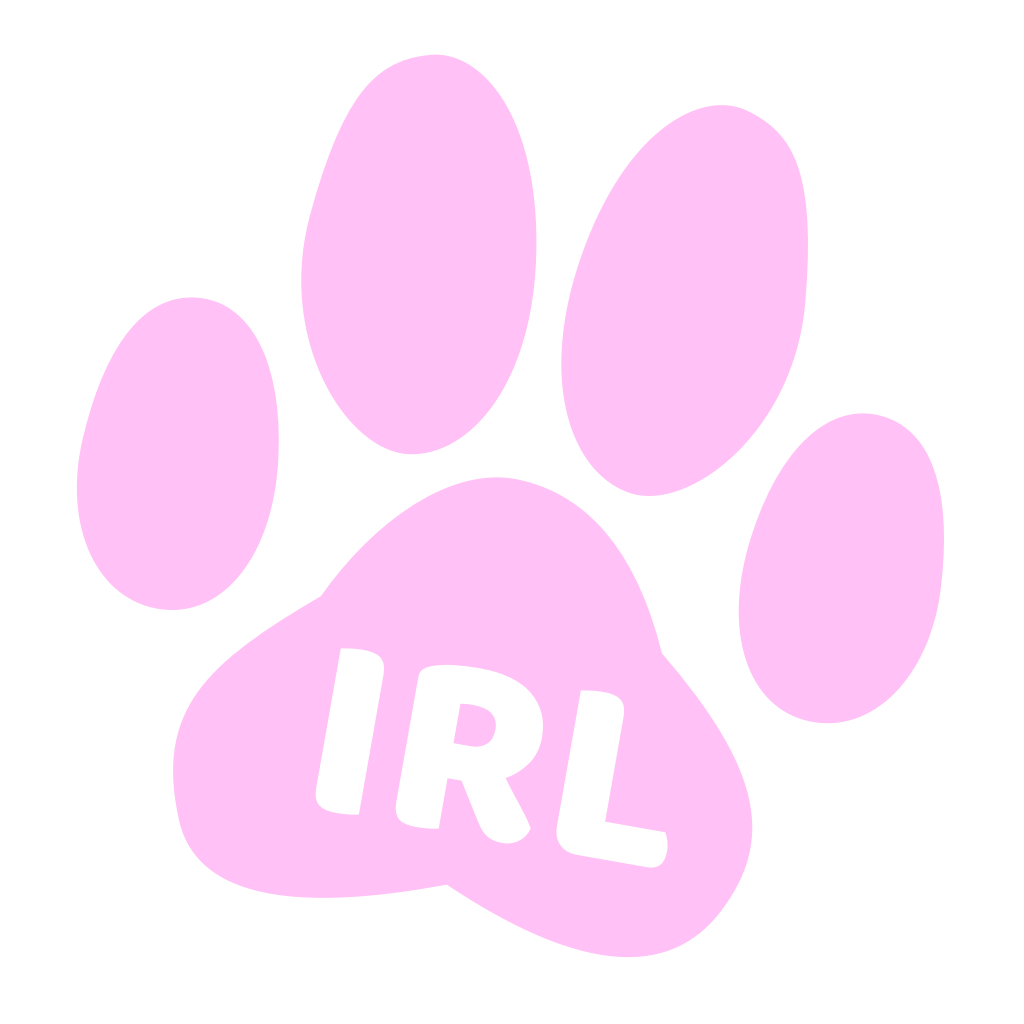

I saw list item 1 more as “I want my phone to last for 5+ years, so I will want to replace my battery eventually”, rather than “I wanna wreck my battery fast, so it better be replaceable”. Being wasteful with your battery like that goes against the spirit of Fairphone, IMO.



Dang, you’re still posting? I haven’t seen these for months.
Probably because I rarely scroll below 100 upvotes on Top…